
VIRGIN AUSTRALIA: In trouble with strikes for the holidays?
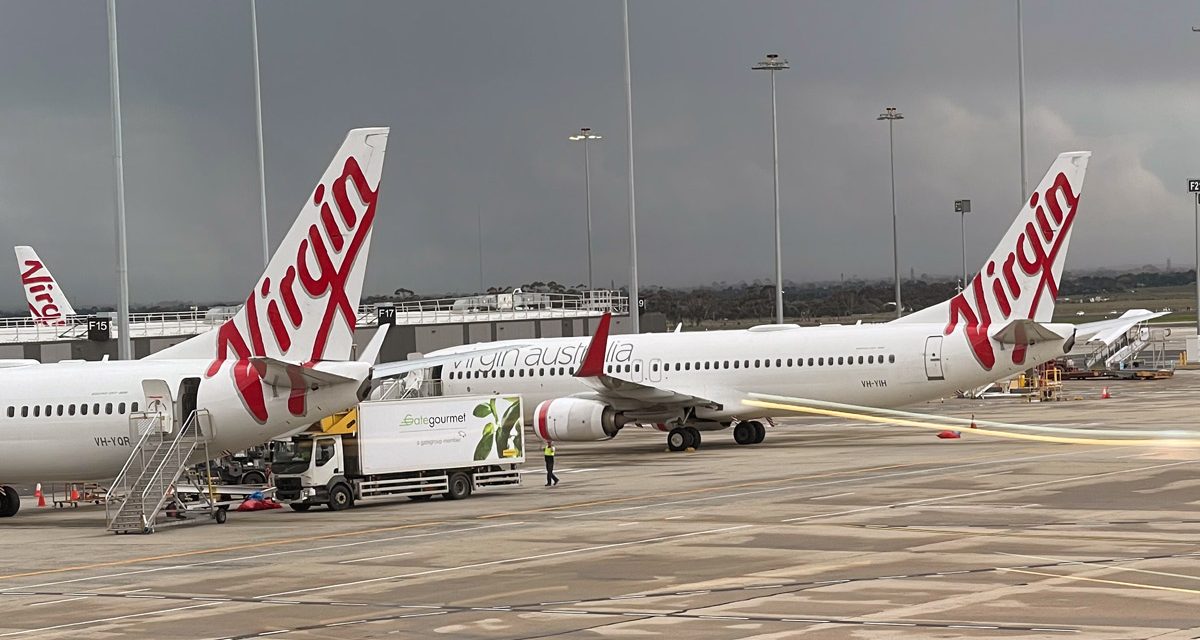
When Virgin Australia went into administration back at the beginning of the COVID pandemic, Bain Capital, the purchasers, had all the power. Airline staff were being laid off and ‘furloughed’ left, right and centre, so staff were prepared to make many compromises to maintain employment.
I remember being slightly shocked on my first post-administration Virgin flight, seeing the cabin crew cleaning the aircraft interior as I disembarked. Not only did Virgin staff compromise a lot, but they also supported Bain’s bid to buy the distressed airline.
![Virgin Australia Lounge entry, Adelaide [Schuetz/2PAXfly]](https://www.2paxfly.com/wp-content/uploads/2023/03/VA-Virgin-Australia-Adelaide-2023-IMG_1427-1200x675.jpg)
Content of this Post:
Staff and unions back in power
How much has changed since then? Airlines are desperate for staff and have spent the last year or so making money hand over fist. In Virgin Australia’s case, that’s a statutory profit of AU$129 million for the year and the first profit the airline has recorded in 11 years.
Virgin Australia and its owners Bain Capital were aiming to list the company for an IPO Initial Public Offering) on the Australian Stock Exchange in 2023. On advice, they decided it was best to have the financial results of its first year of operations to demonstrate the airline’s success before going to market. The target date is now May 2024, according to the AFR.
The downside of that is staff shortages across the industry. The industry is struggling to fill positions, from pilots to baggage handlers, which Virgin still employs – unlike Qantas. Those concessions employees made to the new owners of Virgin are no longer viable in a market crying out for staff in an environment of near-full employment and an economy with high inflation. Well, not Argentina high, but high for Australia. Add to that the profit Virgin just made, which signals to staff that their employer can pay more.
![Virgin Australia Business Class seat, soon to be updated. [Schuetz/2PAXfly]](https://www.2paxfly.com/wp-content/uploads/2022/03/ADL-SYD-Virgin-seat-12-IMG_8903.jpg)
Strikes before Christmas?
The TWU (Transport Workers Union, is applying pressure to Virgin Australia over a range of pay agreements that are up for renegotiation. They have some bargaining power, especially since the owners want to re-list the company in 2024. Bain will want to have those agreements locked down before potential investors run their rulers over the financials.
The cabin crew at Virgin are getting the blow torches out of storage by applying to the Fair Work Commission for a ‘protected action’ ballot. Ground crew did this three weeks ago as a negotiating tactic when negotiations for their new enterprise agreement ground to a halt. ‘Protected Action’ is a bit of a sword of Damocles to hold over employers, as it protects any strike action that the union takes as part of their negotiations. Strike action is something that most employers wish to avoid. Alan Joyce grounded an entire airline to avoid it in October 2011.
![New Virgin Australia cabin interior [Virgin Australia]](https://www.2paxfly.com/wp-content/uploads/2021/11/Virgin-142-8764-1_2.jpg)
It’s all tactics
Now all is fair in love and wage bargaining, so we need to put some of the combative rhetoric aside when trying to assess the negotiation arguments. Apparently, Virgin cancelled a meeting with cabin crew last week, which has led the union to accuse Virgin/Bain of not wanting to improve pay and ‘unsafe rostering’. That may or may not be the case, but cancelling such a meeting is a deliberate tactic, not just happenstance.
Alan Joyce Strike Negotiations Acadamy
Qantas, under Alan Joyce, was the master of union negotiations, to the point where now the airline is paying for his tyranny. Remember, Jayne Hrdlicka, now CEO of Virgin Australia, used to work for the Qantas Group as the head of Jetstar. I expect she is well-schooled in the Alan Joyce Academy of union negotiations.
![Virgin Australia new interior [Schuetz/2PAXfly]](https://www.2paxfly.com/wp-content/uploads/2023/01/Virgin-Australia-new-interior-IMG_1034.jpg)
2PAXfly Takeout
Applying cynicism to the arguments of both sides in a union negotiation is a good first step when trying to understand reality. In this case, on the surface, the TWU has most of the cards in its deck and has just added another with the possibility of threatening a legal strike. Its deck already holds the staff shortage card and the ‘we cut our claim to the bone to get this airline back in the air’ card. Now it has the strike trump card in its deck.
Virgin Australia is in a less advantageous position. It doesn’t want any industrial turbulence in its flight towards the May IPO. But, it also can’t give too much, lest it damage the financial viability of the airline in the eyes of potential investors. In a climate of staff shortages across the board, it’s probably going to have to give away more than it would like, but will try to make that a few years in the future so that other owners will have to deal with the consequences.



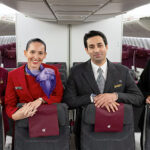
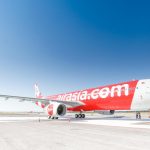
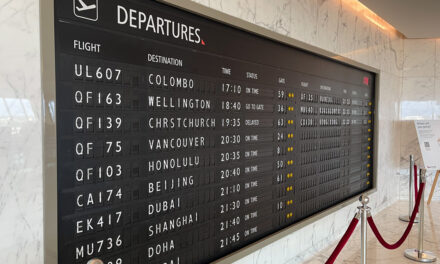


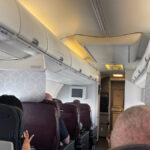

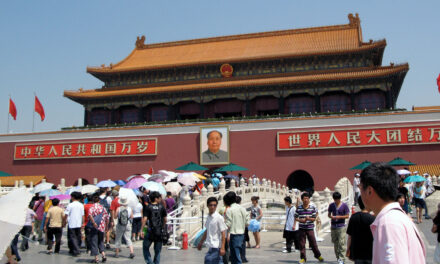

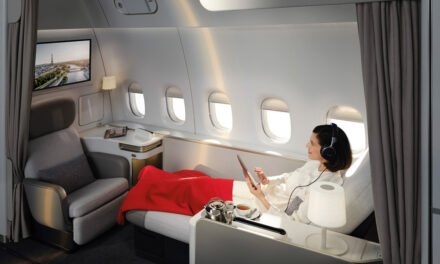
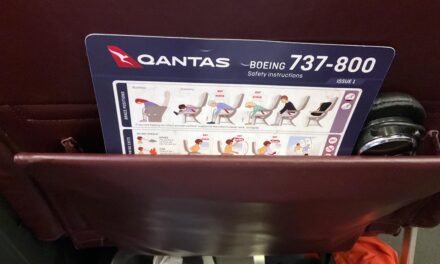
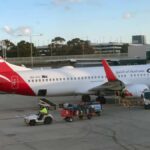


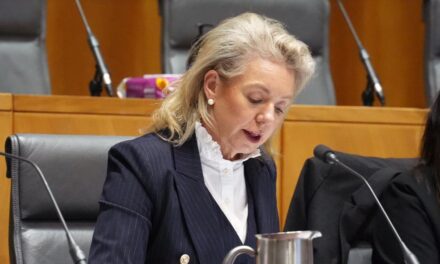

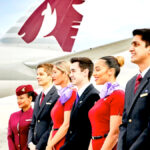



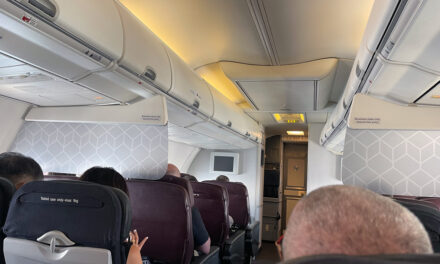



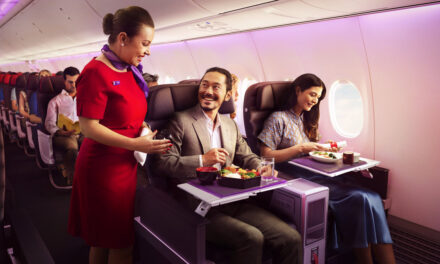
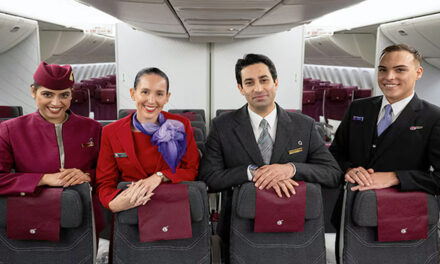






What did you say?